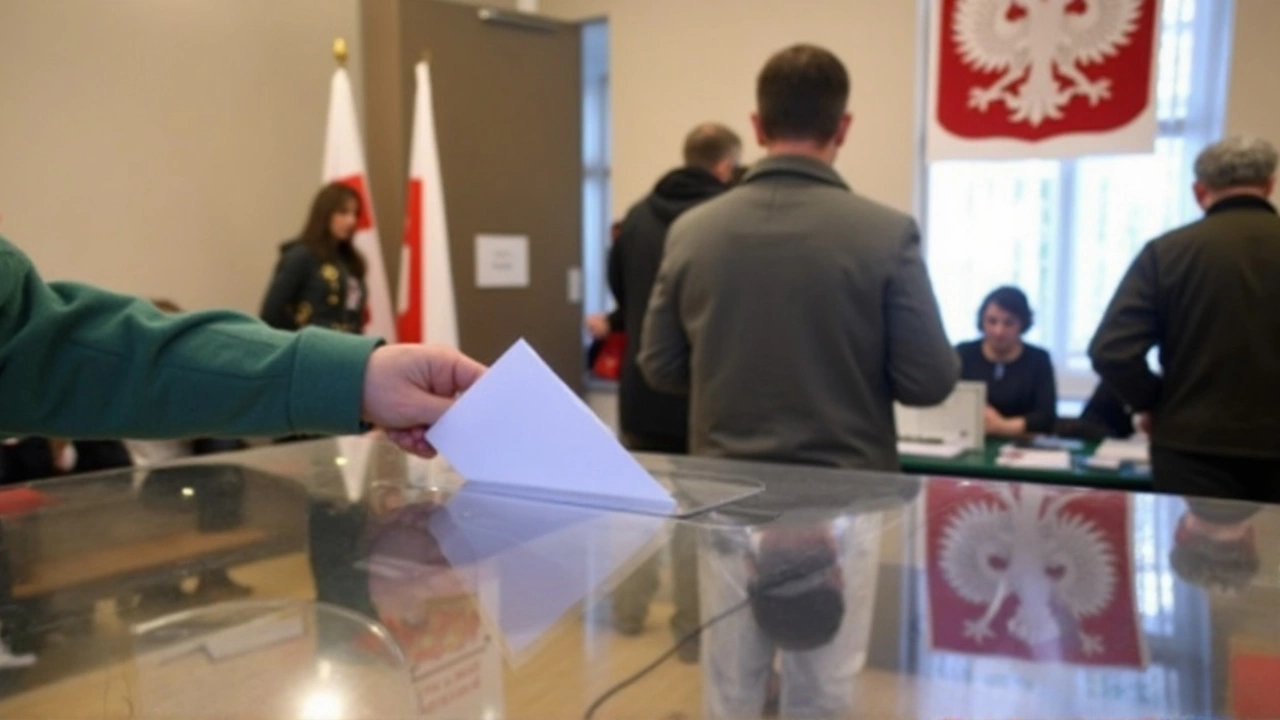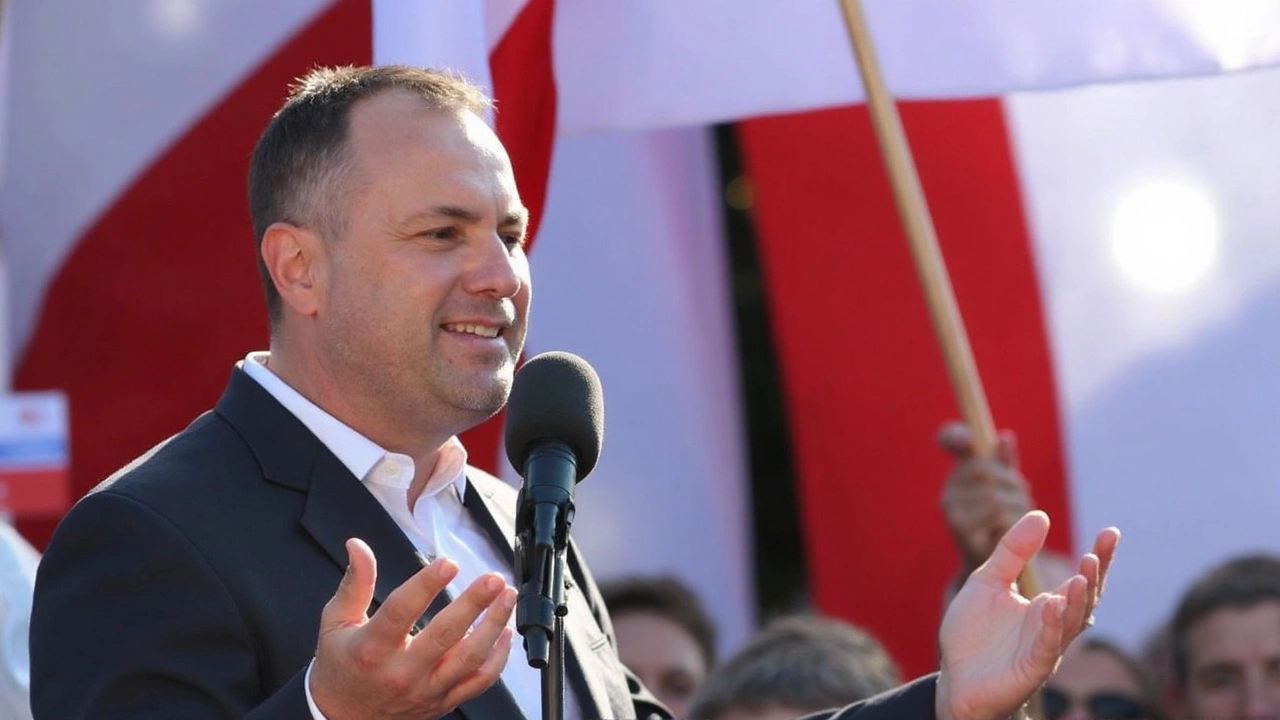Poland Faces a Historic Election Showdown
Poland hasn’t seen a presidential race this close in decades. The June 1 runoff between right-wing outsider Karol Nawrocki and centrist Rafał Trzaskowski pulled the country into an intense political standoff, revealing deep divides over Europe, democracy, and who gets to shape Poland’s future. With neither candidate bagging a clear majority in the first round on May 18, voters returned to the polls facing a stark choice.
At just 42, Nawrocki became the face of a new nationalist momentum. He’s not officially tied to Law and Justice (PiS), but everyone knows where his support comes from. His rise wasn’t predicted by most, but the ground shifted under politicians’ feet as younger voters—often overlooked—came out in droves for him. Backed quietly and not-so-quietly by the far-right Confederation Liberty and Independence alliance, Nawrocki found fans among a disillusioned youth, some of whom are frustrated with what they see as out-of-touch political elites and Brussels-driven policies.
Rafał Trzaskowski, the mayor of Warsaw, had a different message. He promised to turbo-charge Poland’s path back into the EU’s good graces, especially after years of squabbles over judicial independence and political reforms under President Andrzej Duda. As the clear pick of Prime Minister Donald Tusk and the Civic Platform, Trzaskowski built his pitch around stability, EU integration, and modern reforms. For many, he represented a break from the recent past and a return to European norms.

Generational Divide and Political Fireworks
The campaign wasn’t just tense—it was messy. Nawrocki stirred up headlines for using nicotine pouches right there on TV debates, refusing to apologize, and instead spinning it as a dig at the establishment’s focus on image over substance. Trzaskowski, meanwhile, got flak for calling in online fact-checkers live during debates, turning what should’ve been political jousts into fact-check duels, leaving both camps frustrated and bemused.
Beneath the drama, the race exposed an unmistakable generational split. Polling booths across cities saw a wave of under-30s throwing their support behind Nawrocki and even further-right candidates. For older voters and urban dwellers, Trzaskowski looked like the safer bet. But the numbers painted a new reality: the far-right wasn’t just making noise—it was making gains. Confederation, often dismissed as fringe, hit its best numbers ever, disrupting old voting patterns.
This matters more than ever because Poland’s presidency isn’t just about ceremony. If Nawrocki grabs the top seat, he has the power to veto bills from parliament—especially those Tusk wants pushed through. Overriding a presidential veto in Poland demands 60% parliamentary support, a high bar in the current splintered landscape. That means Tusk’s whole legislative platform, from economic reforms to revamping the courts, could grind to a halt if Nawrocki chooses to flex his muscles.
What happens next? If Nawrocki wins, expect standoffs with Brussels to get louder, changes to the judicial system to stall, and debates over the economy to pull in two directions at once. If Trzaskowski snags victory, he’ll need to patch up Poland’s EU relations fast, all while navigating a parliament that might not always be on his side. Either way, young voters and rising nationalists have shown they’re a force now—and nobody in Polish politics can afford to ignore them anymore.

Arlen Fitzpatrick
My name is Arlen Fitzpatrick, and I am a sports enthusiast with a passion for soccer. I have spent years studying the intricacies of the game, both as a player and a coach. My expertise in sports has allowed me to analyze matches and predict outcomes with great accuracy. As a writer, I enjoy sharing my knowledge and love for soccer with others, providing insights and engaging stories about the beautiful game. My ultimate goal is to inspire and educate soccer fans, helping them to deepen their understanding and appreciation for the sport.
view all postsWrite a comment